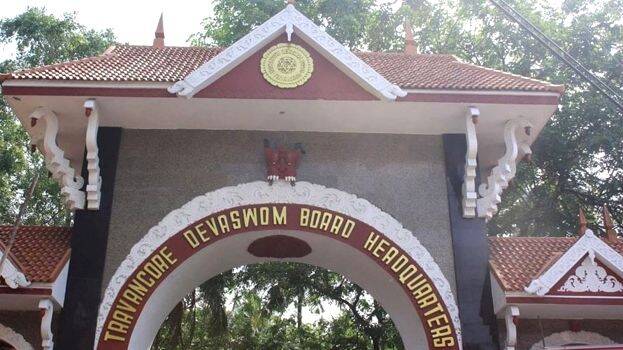

Since the time of the British, many laws regarding the administration of places of worship have come into existence. In this, after the Christian and Muslim sects raised a big protest against the Religious and Endowment Act introduced in 1925, the management of places of worship of those sects was completely exempted from the control of the government. But all major temples of Hindus were placed under the control of trustees or the government system. Sikh Gurdwaras were also placed under committees elected by their sectarians. Even after independence, government control over Hindu temples continued in the form of Devaswom Boards and the like, despite various laws coming in several times. As Hindus did not raise an organized protest against it, the discrimination still continues.
Temples should be run under the control of local groups, Trustees, or Mutts. It is not fair for the government to interfere in it. Last month, while hearing the case related to Ahobila Mutt in Andhra Pradesh, the court asked a very important question, 'why the government is interfering in the matter of temples?' The government intervenes in temple administration through representatives appointed by them. Not all of them are believers. There are believers and non-believers among Hindus. But only pious believers are eligible to rule the temple. They should be the ones who are always working in connection with that temple. All this is often subverted when temple administration is done by government boards. Major temples are sources of huge income nowadays. So it is natural that politicians are eager to be part of its undertaking. The High Court's order that active political activists and those facing criminal cases should not be appointed as non-traditional trustees in temples under the Malabar Devaswom Board adds strength to the demand to hand over temple governance to the believers. The court observed that the appointment of DYFI leaders as non-traditional trustees of the Ottapalam Pookkottukalikavu temple was not reasonable.
Although it may technically be said by reference to the constitution that DYFI is not a political organization anyone with a logical brain know that it is not the case. In the notification issued by the Malabar Devaswom Board for the appointment of trustees itself, it has been stated that active politicians and party office-bearers should not be members.